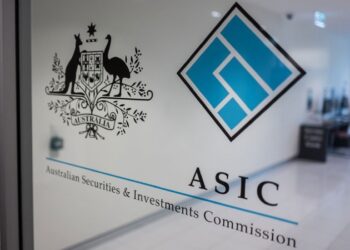BlackRock CEO Larry Fink has used his annual letter to herald an acceleration in the “tectonic shift” towards sustainable investing in the wake of COVID-19, with the uneven consequences of the pandemic exacerbating the “growing retirement crisis” and systemic racial and gender inequalities.
“I believe that the pandemic has presented such an existential crisis – such a stark reminder of our fragility – that it has driven us to confront the global threat of climate change more forcefully and to consider how, like the pandemic, it will alter our lives. It has reminded us how the biggest crises, whether medical or environmental, demand a global and ambitious response,” Mr Fink wrote in his annual letter to CEOs.
Mr Fink believes the transition to a low-carbon economy now represents a “historic investment opportunity” as better technology and a wider availability of sustainability data enable asset managers to offer portfolios customised to clients looking to align their money with their values.
“As more and more investors choose to tilt their investments towards sustainability-focused companies, the tectonic shift we are seeing will accelerate further. And because this will have such a dramatic impact on how capital is allocated, every management team and board will need to consider how this will impact their company’s stock,” Mr Fink wrote.
Mr Fink warned that companies that display “insufficient preparation for the net zero transition” or “low reception to (BlackRock’s) investment stewardship engagement” faced being axed from BlackRock’s active portfolio, and that it would vote against management in the case of its index portfolio-held shares, while companies that do the opposite “will often represent an opportunity for our clients”.
“While the transition will inevitably be complex and difficult, it is essential to building a more resilient economy that benefits more people. I have great optimism about the future of capitalism and the future health of the economy – not in spite of the energy transition, but because of it,” Mr Fink wrote.






